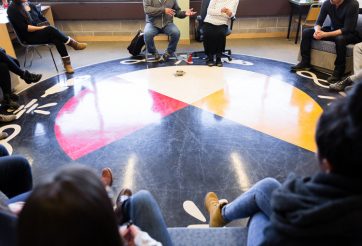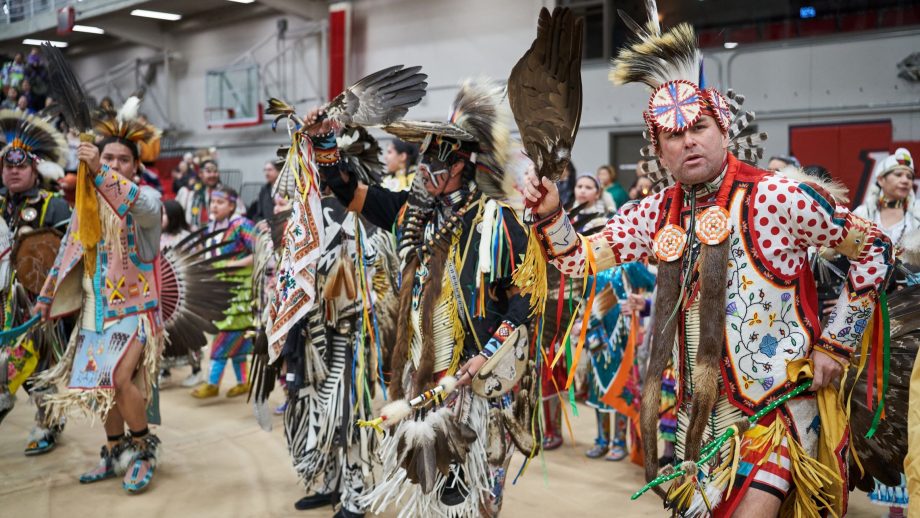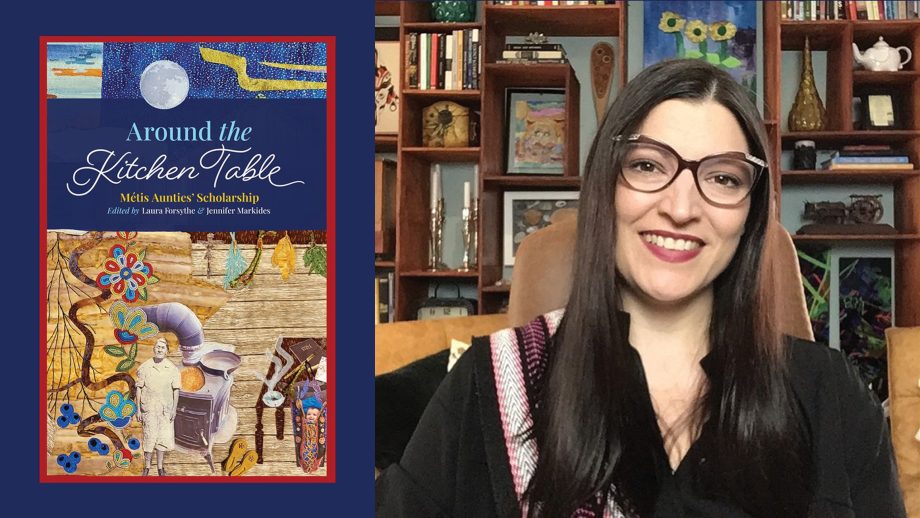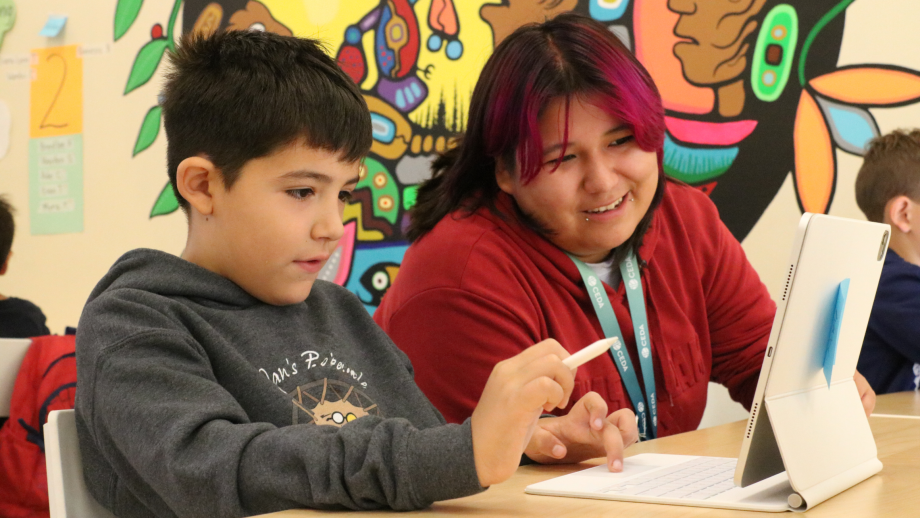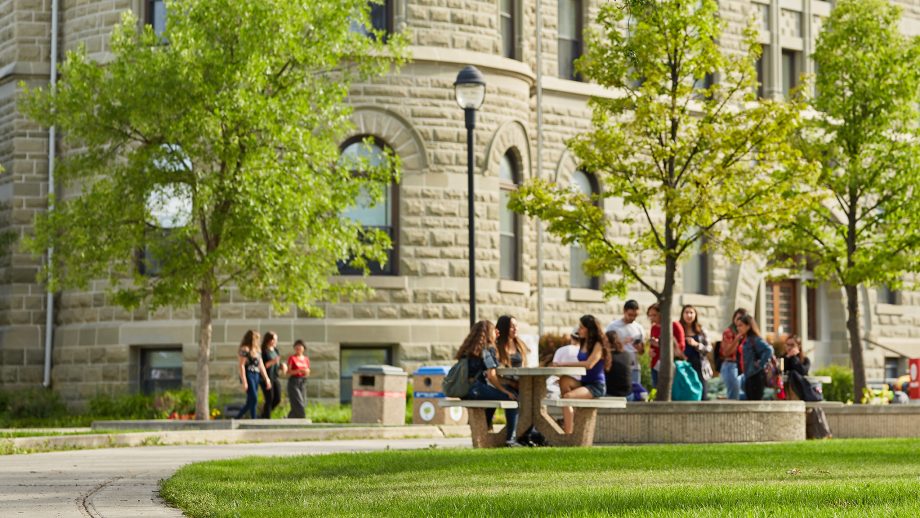The University of Winnipeg Archives — together with the University of Manitoba, the National Centre for Truth and Reconciliation (NCTR), and Library and Archives Canada (LAC) — is working to increase public access to records documenting the history of Residential Schools in Canada.
Today, the institutions jointly launched the Truth and Reconciliation Web Archive, a pilot project aimed at preserving and providing access to websites related to the work of the Truth and Reconciliation Commission (TRC) and responses to its Calls to Action.
This new digital archive captures websites, news articles, governmental documents, personal blogs, social media accounts, commentaries, and academic material published online related to the history of the Indian Residential School system and the TRC.
“Many of the records documenting the work of the TRC and the public’s response to its Calls to Action are websites that are at great risk of disappearing without notice,” said Brett Lougheed, UWinnipeg Archivist and Digital Curator. “This resource will preserve these sites before they disappear and provide a central location to access them now and in the future. In this way, we hope to assist Winnipeggers, Manitobans and all Canadians along their paths to reconciliation.”
Lougheed adds that the archives is committed to supporting Indigenization at UWinnipeg, partly by responding to the TRC’s Calls to Action.
Recent UWinnipeg graduate, Jasmin Geling (BA, 17), was hired through Young Canada Works to archive relevant websites within the jurisdiction of Manitoba — staff at LAC similarly archived websites of a national scope.
Geling worked closely with Lougheed, under the direction of the NCTR and LAC, to archive nearly 600 webpages for the project. These sites have been captured, described, and curated using the Internet Archive’s Archive-It service.
“I was responsible for outlining and implementing the scope of how these URLs were thematically categorized, creating appropriate metadata to make search results for websites more accessible,” Geling said. “This project was — I would say — part of a new frontier in digital archiving where the pre-determined rules of traditional archival practices were not applicable to digital archives.”
Because the TRC covers such a broad range of topics, the team had to limit their scope by defining the project’s bigger picture, pick the most relevant themes and comb through thousands of articles to see which URLs would be most indicative of the TRC and informative to diverse audiences. Geling and Lougheed also had to address the legal and ethical boundaries of archiving social media accounts and personal blogs.
Geling, who majored in English literature and philosophy at UWinnipeg, says this experience allowed her to put her theoretical research background to use for an important social cause.
“This archival endeavor was intended to preserve a Canadian social justice movement for posterity, so that future students, researchers, journalists, citizens, and families of survivors have continued access to this important cultural movement and can witness how Canadians have made (and continue to make) reparations to the Indigenous communities affected by the residential school system,” she said.
This Truth and Reconciliation Web Archive envisions national participation. The NCTR will provide a hub to facilitate access to all current and future jurisdictions of the web archive.
If you wish to have your organization’s website archived as a part of this project, please contact the NCTR at nctrrecords@umanitoba.ca, or call the main line at 204.474.6069.
This project is made possible through financial assistance from Manitoba Tourism, Culture, Heritage, Sport and Consumer Protection, and the Government of Canada.
Background
Since the 1990s a groundswell of popular support has begun to recognize settler society’s attempted erasure of Indigenous communities. One result of this human rights-based movement is institutions of accountability. Following the example of the Royal Commission on Aboriginal Peoples (RCAP) and the demands of Indigenous leaders, the Indian Residential Schools Settlement Agreement (IRSSA), which launched in 2007, outlined the creation and mandate of the TRC, which began its work in 2008. The TRC released its Final Report in 2015.
Media Contacts
Eva Wasney, E-Communications Coordinator, The University of Winnipeg,
E: e.wasney@uwinnipeg.ca, P: 204.988.7129
Jesse Boiteau, Digital Archival Assistant, National Centre for Truth and Reconciliation,
P: 204.480.1092, E: Jesse.Boiteau@umanitoba.ca
Library and Archives Canada Media Relations,
P: 819.994.4589, E: bac.media.lac@canada.ca

